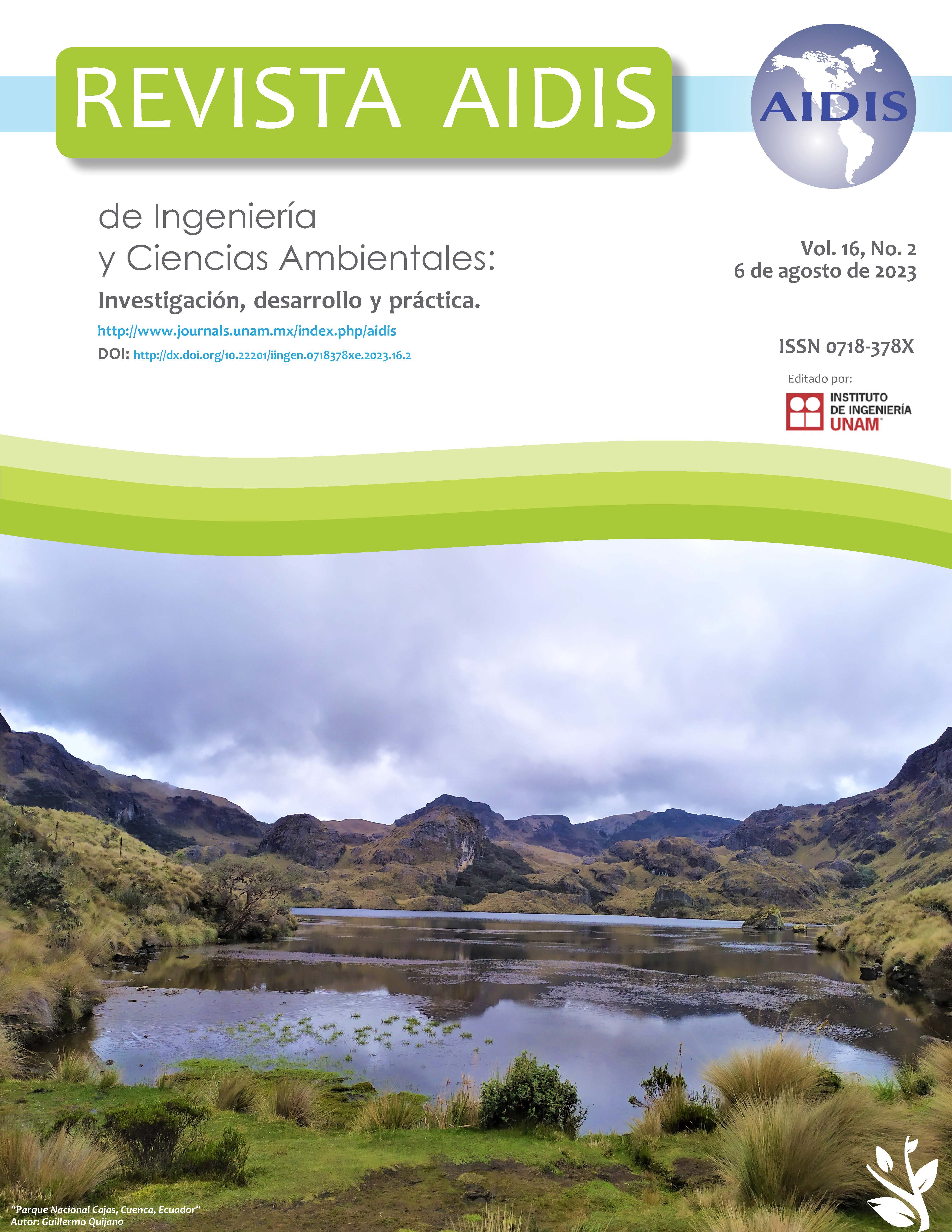O SANEAMENTO COMO MERCADORIA: UMA ANÁLISE DA LEI 14.026 E SUA APLICABILIDADE NO ESTADO DA PARAÍBA – BRASIL
Contenido principal del artículo
Resumen
A universalização dos serviços de saneamento é um fator essencial para garantir a qualidade de vida das pessoas. No entanto, no Brasil, o acesso a esses serviços ainda enfrenta diversos desafios. Em 15 de julho de 2020 foi sancionada a Lei nº 14.026, conhecida como o Novo Marco Legal do Saneamento, e apesar da regulação ser um passo importante para impulsionar a universalização, a nova lei estimula a lógica da mercantilização ao propor a privatização dos serviços por meio da criação de blocos, para que municípios vizinhos participem de uma mesma licitação e venham a ter os serviços prestados por uma mesma concessionária, sendo esta, a maneira encontrada para que as empresas privadas vislumbrem lucro no desenvolvimento dos serviços de saneamento, já que muitos municípios, individualmente, não geram lucro sobre o capital investido. Este é o caso de mais de 98% dos municípios do estado da Paraíba. Dentro desse contexto, este trabalho busca discutir o Novo Marco Legal do Saneamento a partir da lógica que apenas uma gestão democrática com aporte de recursos públicos é capaz de promover a universalização dos serviços. O trabalho também apresenta um panorama do saneamento na Paraíba e discute a questão da Lei Complementar nº 168. As conclusões constatam que ocorre no Brasil a aplicação de um modelo reprodutor de desigualdade e injustiça socioambiental. Portanto, é necessário entender que em serviços essenciais que garantem a dignidade humana, a presença de um Estado Democrático de Direito é primordial para proporcionar que toda a população seja atendida.
Detalles del artículo
Citas en Dimensions Service

Esta obra está bajo una licencia internacional Creative Commons Atribución-NoComercial-SinDerivadas 4.0.
